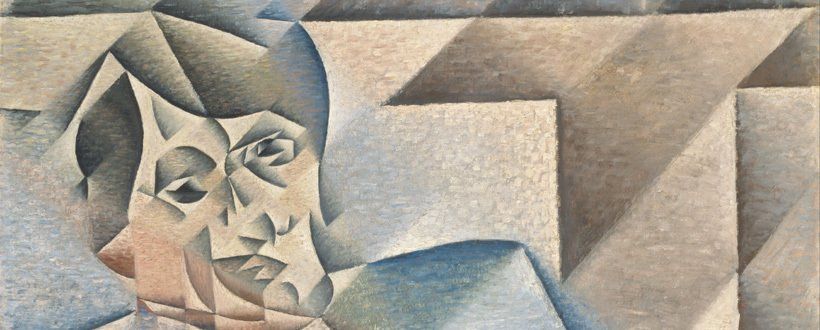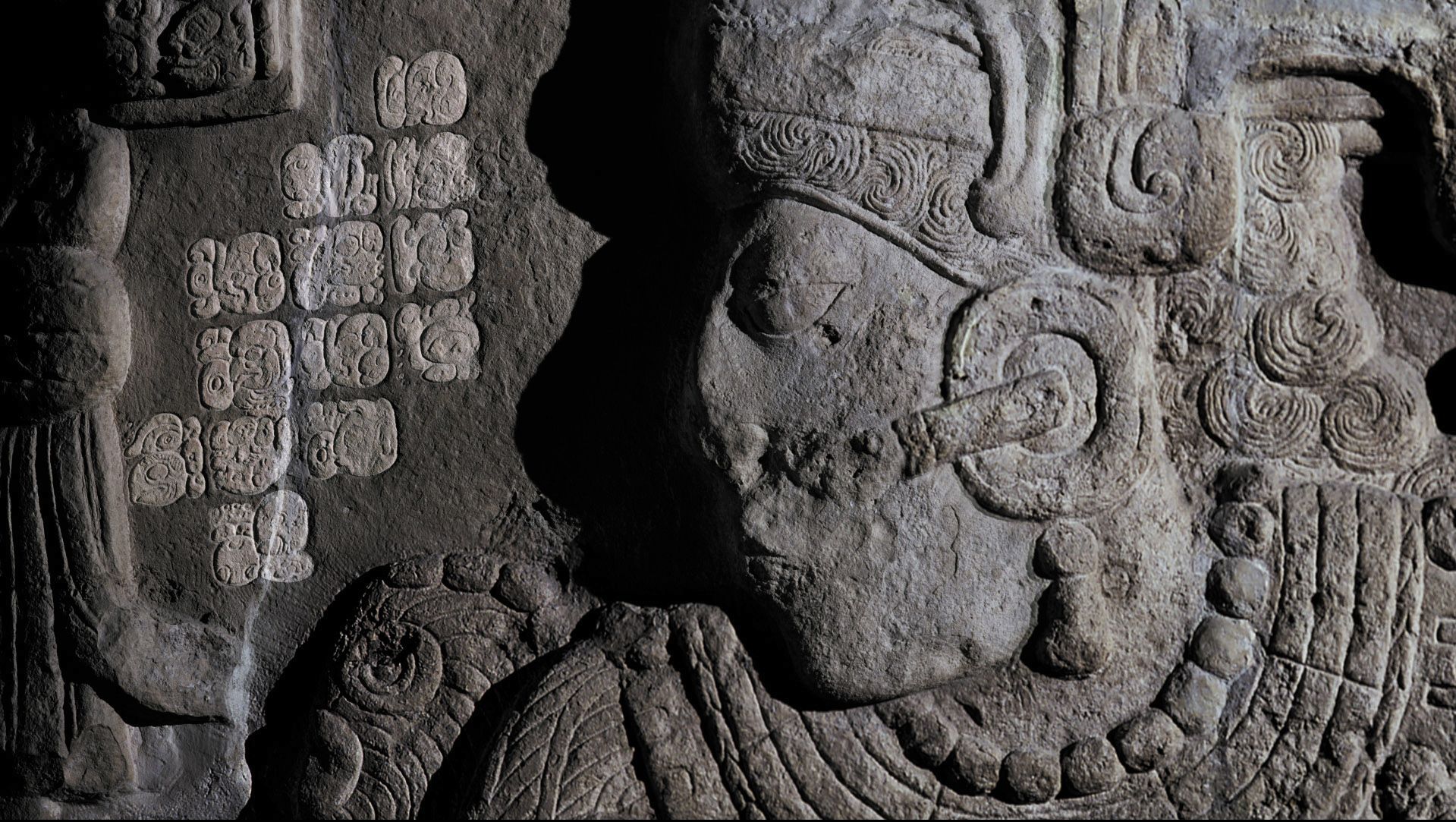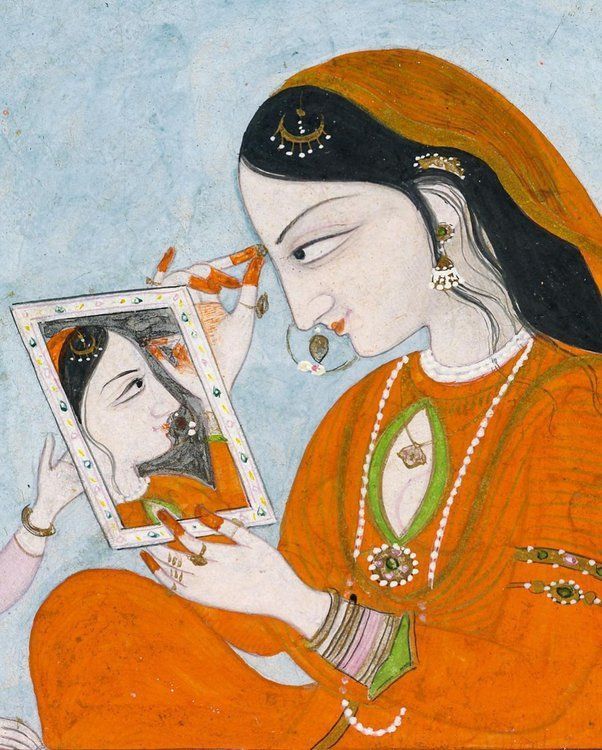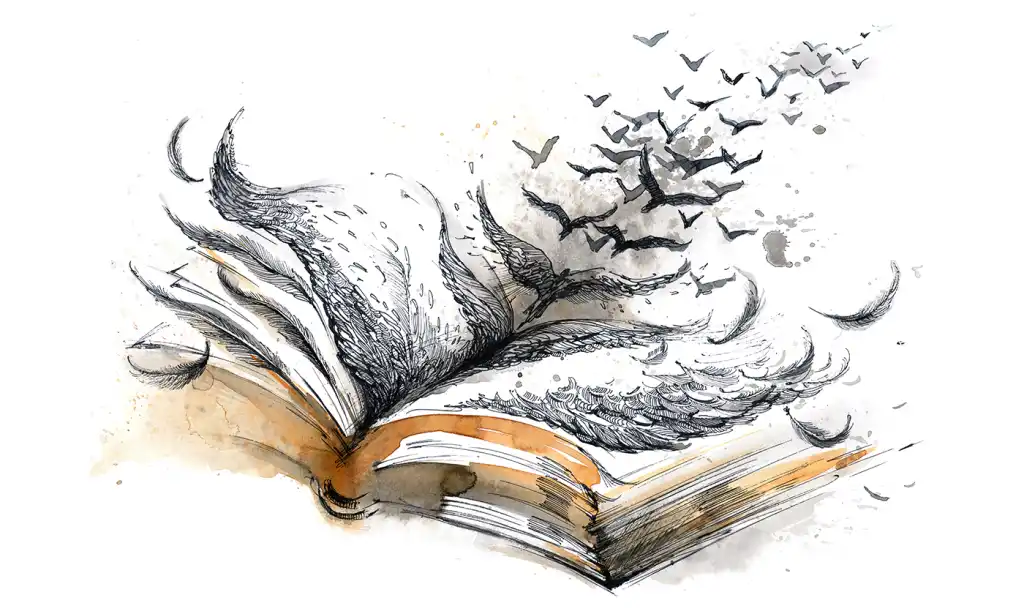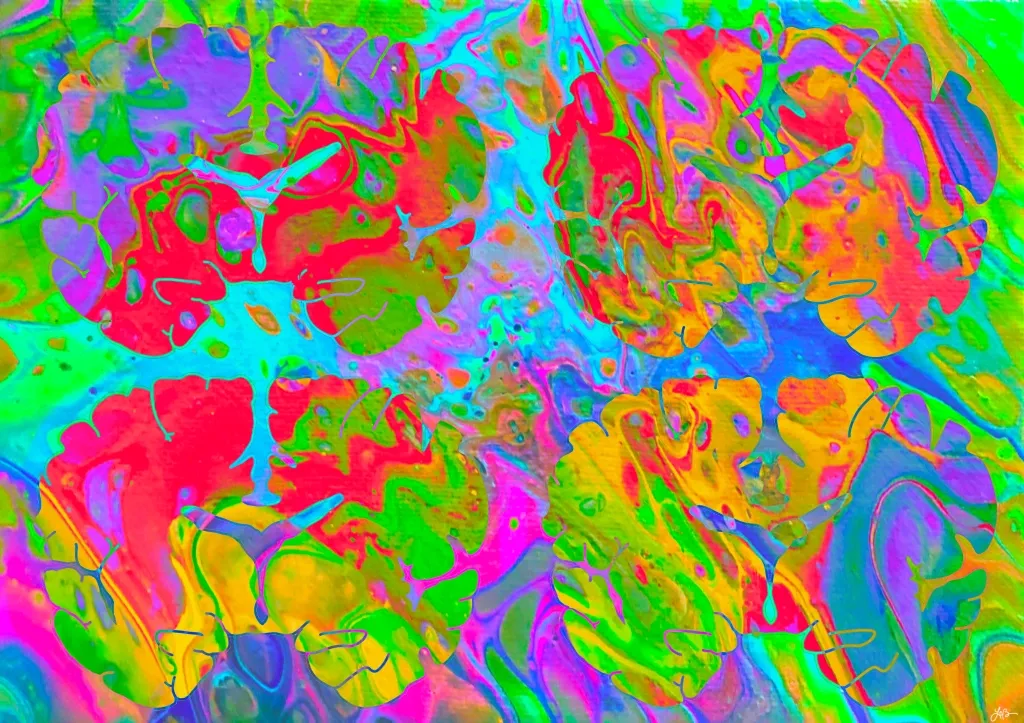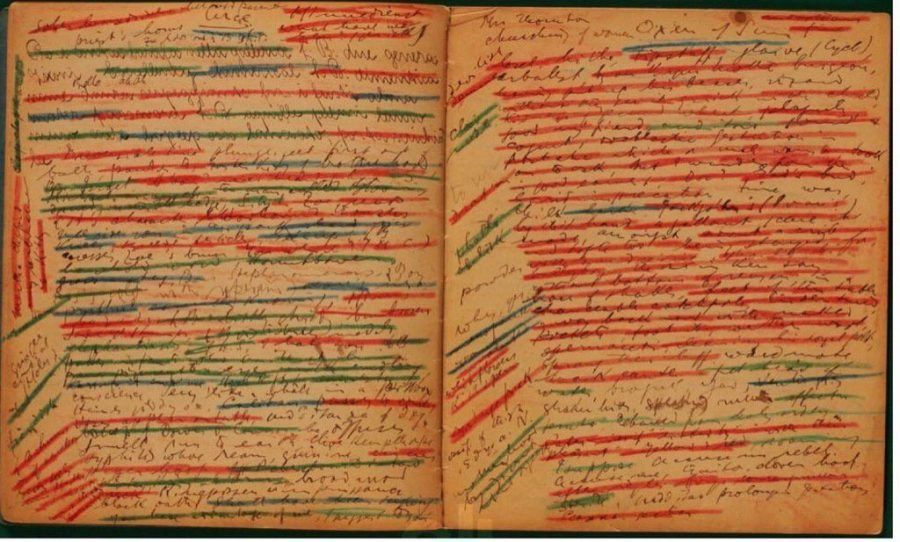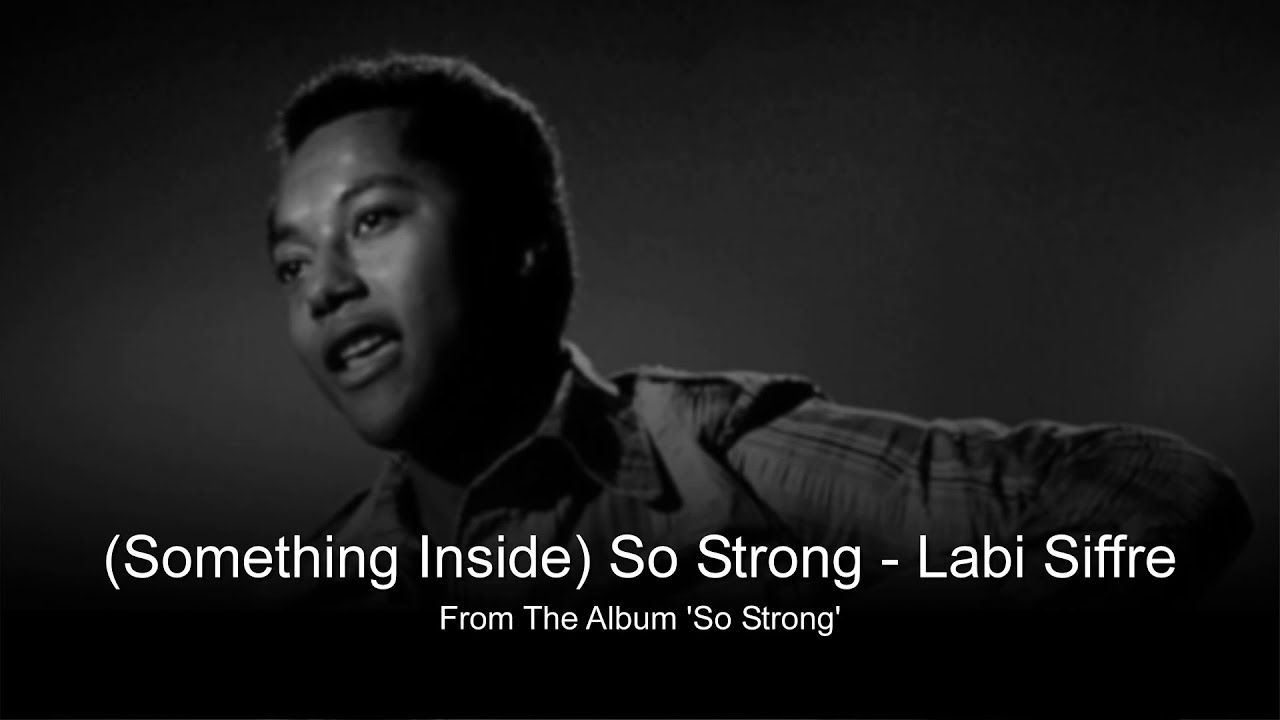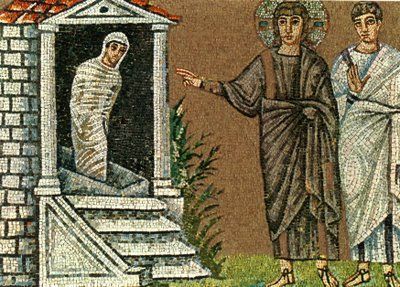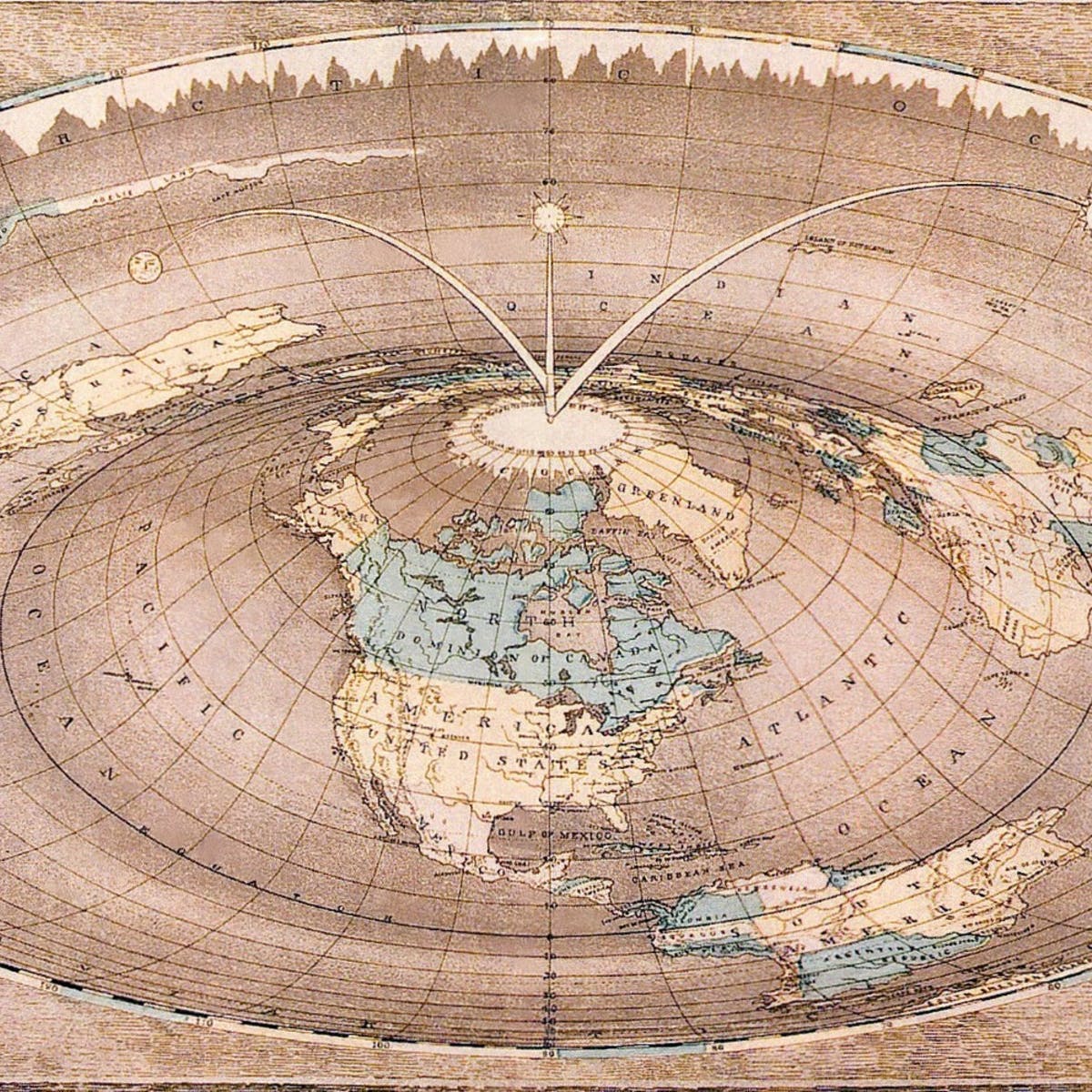ToK Essay Titles Nov 2021 Prompts 5 & 6: Part 3
Certainty and confidence: the maths conundrum
Now, consider a clichéd example when we seem to have the utmost certainty and confidence in knowledge and they both seem to be moving in the same direction: 2 + 2 = 4. On the one hand, this is something you cannot doubt, isn’t it? You know this with 100% certainty. On the other hand, a mathematician could point out that this is only the case if you’re counting in Base 10. Things are much less certain if we did the same sum within the framework of Base 3, for instance.
You might counter by arguing that certainty in Math is based on self-evident axioms – basic statements that are assumed to be true and actually can’t be proven to be true. These axioms are foundational principles mathematicians use to build theorems. This is how Pythagoras was able to construct his famous theorem. Using this example, we can know with ‘complete certainty’ that the internal angles of a triangle add up to 180 degrees. The rules of logic determine the truth, hence the accuracy and certainty of this knowledge is guaranteed by means of reason. In fact, unlike in Science, which is hindered by the problem of induction and the fallibility of the senses (perhaps even leaps of logic sometimes in those so called ‘accidental’ discoveries), there is no need to go into the messy real world to seek empirical evidence to support or refute mathematical knowledge. You just have to inspect the axioms within the Pythagorean theorem; trace the logical connections between them and you’ll know a priori that this knowledge claim is true. No room for doubt here surely. And plenty of room for confidence. In fact, we can be so confident of this truth that we can apply it to solve real world problems in determining distances and constructing buildings.
However, if you know the history of Euclidean geometry, you’ll know that even this truth is only ‘certain enough’. You’ll know that when the mathematicians Lobachevsky and Riemann counter-intuitively denied the fifth (parallel lines) postulate of Euclidean geometry, this didn’t lead to a contradiction; it didn’t lead to uncertainty and, strangely enough, it didn’t put a dent into the initial confidence in Euclidean geometry. The resulting non-Euclidean, or, ‘hyperbolic’/‘elliptical’, geometry generated equal certainty and confidence in the new knowledge. It allowed experts to apply Pythagoras’ ideas to three dimensional surfaces in which the internal angles of a triangle add up to…either more than 180 degrees (elliptical geometry) or less than 180 degrees (hyperbolic geometry). The practical benefits of this knowledge, to navigational instruments for example have been immense.
So, just like in the Sciences, what appears to be absolute certainty in math knowledge is still open to doubt. The confidence we feel in math formulae and logic is justified but this isn’t always easy to sustain. This means that even math experts may feel a certain lack of confidence in their own rational abilities to prove a theorem, relying instead more on imagination and intuition as part of the process of gaining knowledge…






